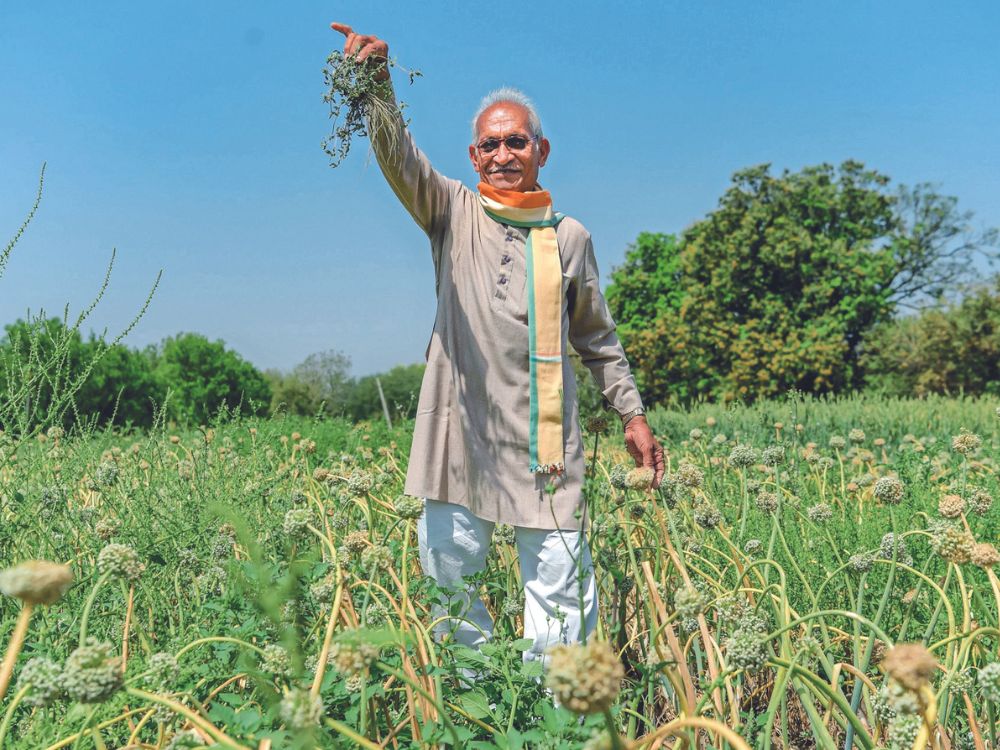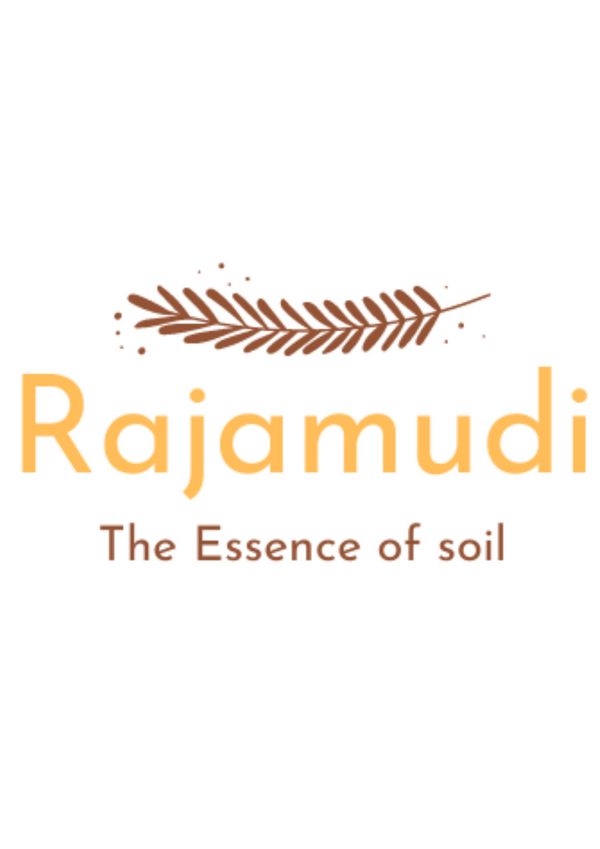
4 Impacts of Organic Farming on the Environment
As environmental concerns become more pressing, the need for sustainable organic farming practices is more crucial than ever. Organic farming not only produces healthier food but also significantly benefits the environment.
In this blog, we’ll explore the positive impact of organic farming on sustainable agriculture, biodiversity, and soil health. We’ll also discuss how choosing organic products can help reduce the overall carbon footprint, contributing to a healthier planet.
What is Organic Farming?

Organic farming is an agricultural method that emphasizes the use of natural processes and inputs, avoiding synthetic chemicals, genetically modified organisms (GMOs), and artificial fertilizers.
1. Sustainable Agriculture and Organic Farming
A. Soil Conservation and Fertility
Healthy soil is essential for sustainable agriculture, and organic farming practices are designed to maintain and enhance soil fertility over time.
B. Water Conservation
Organic farming contributes to sustainable water management by improving soil structure and increasing the soil’s ability to retain water.
C. Reduced Energy Usage
Organic farming is less reliant on energy-intensive inputs like synthetic fertilizers and chemical pesticides. Conventional farming relies on fossil fuels to produce these inputs, contributing to greenhouse gas emissions.
2. Biodiversity and Organic Farming
A. Crop Diversity
Organic farming emphasizes crop diversity, which enhances the resilience of the farm and the surrounding environment.
• Polyculture: Organic farms often practice polyculture, growing a variety of crops together.
• Heirloom Varieties: Organic farmers are more likely to grow heirloom varieties of crops, which help preserve genetic diversity.
B. Promoting Wildlife Habitats
Organic farms tend to support greater biodiversity of wildlife, including beneficial insects, birds, and other animals.
C. Protection of Ecosystems
Organic farming reduces the environmental degradation caused by conventional agricultural practices, such as deforestation, habitat destruction, and chemical pollution. By promoting sustainable land use, organic farming helps protect ecosystems and the species that depend on them.
3. Soil Health and Organic Farming
A. Soil Microbial Activity
Organic farming practices enhance microbial activity in the soil, which is crucial for nutrient cycling and plant growth.
• Nutrient Cycling: Organic farming promotes natural nutrient cycling, where organic matter is broken down by soil organisms and transformed into essential nutrients that plants can use.
B. Preventing Soil Erosion
One of the main causes of soil degradation in conventional farming is erosion, which occurs when topsoil is washed or blown away due to poor soil management practices.
4. Reducing Carbon Footprint with Organic Farming
Organic farming can significantly reduce the carbon footprint of agriculture by using practices that sequester carbon in the soil, reduce energy consumption, and promote sustainable land use.
A. Carbon Sequestration
Organic farming enhances soil carbon sequestration, the process by which carbon dioxide (CO2) is captured from the atmosphere and stored in the soil.
• Permanent Pastures: Organic livestock farming promotes permanent pasture systems that sequester carbon in grasslands.
B. Lower Greenhouse Gas Emissions
Organic farming practices reduce the use of fossil fuels by minimizing the need for synthetic fertilizers and pesticides, which are energy-intensive to produce.
C. Promoting Local and Sustainable Food Systems
By supporting organic farms and choosing locally produced organic food, consumers can reduce the carbon footprint associated with long-distance transportation, refrigeration, and packaging.
Conclusion: Choosing Organic for a Greener Future
Environmental Benefits of Organic Agriculture : View Now
At Rajamudi Organics, we are proud to offer a wide range of organic products that not only nourish the body but also contribute to a healthier planet.
Choosing Organic for a Greener Future: A Step Towards a Healthier Planet
In a world that’s constantly evolving, the choices we make today have a profound impact on the future of our planet. From the food we eat to the products we use, every decision plays a role in shaping a sustainable tomorrow.
Get to know more about us on : Click here

